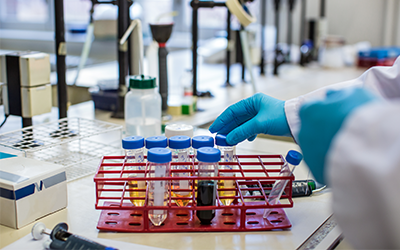Osmolality is a key process parameter in mammalian cell bioprocesses that affects both specific cell growth and specific cell productivity. Published data shows that hyperosmolality, used in a targeted way at particular stages of the biological production process, for certain cell types, can enhance final product yield significantly. This presentation will review the strategies that can be used to manipulate osmolality to increase production yields of monoclonal antibodies and other recombinant proteins.
Presented by Professor Michael Butler – NIBRT
- Michael Butler is a Principal Investigator in Cell Technology at the National Institute of Bioprocessing Research & Training (NIBRT), Adjunct Full Professor in University College Dublin as well as and Distinguished Professor Emeritus of the University of Manitoba, Canada. In 2008, he was named Distinguished Professor and in 2010 became Scientific Director of MabNet, an NSERC-funded national network focused on platform processes for monoclonal antibody production. He was appointed as Chief Scientific Officer and Principal Investigator in NIBRT in 2016. His other appointments have included Associate Dean of Scientific Research at Manitoba and Visiting Scientist at MIT (USA), Animal Virus Research Institute (Pirbright, UK), and the Universities of Oxford and Rio de Janeiro.
